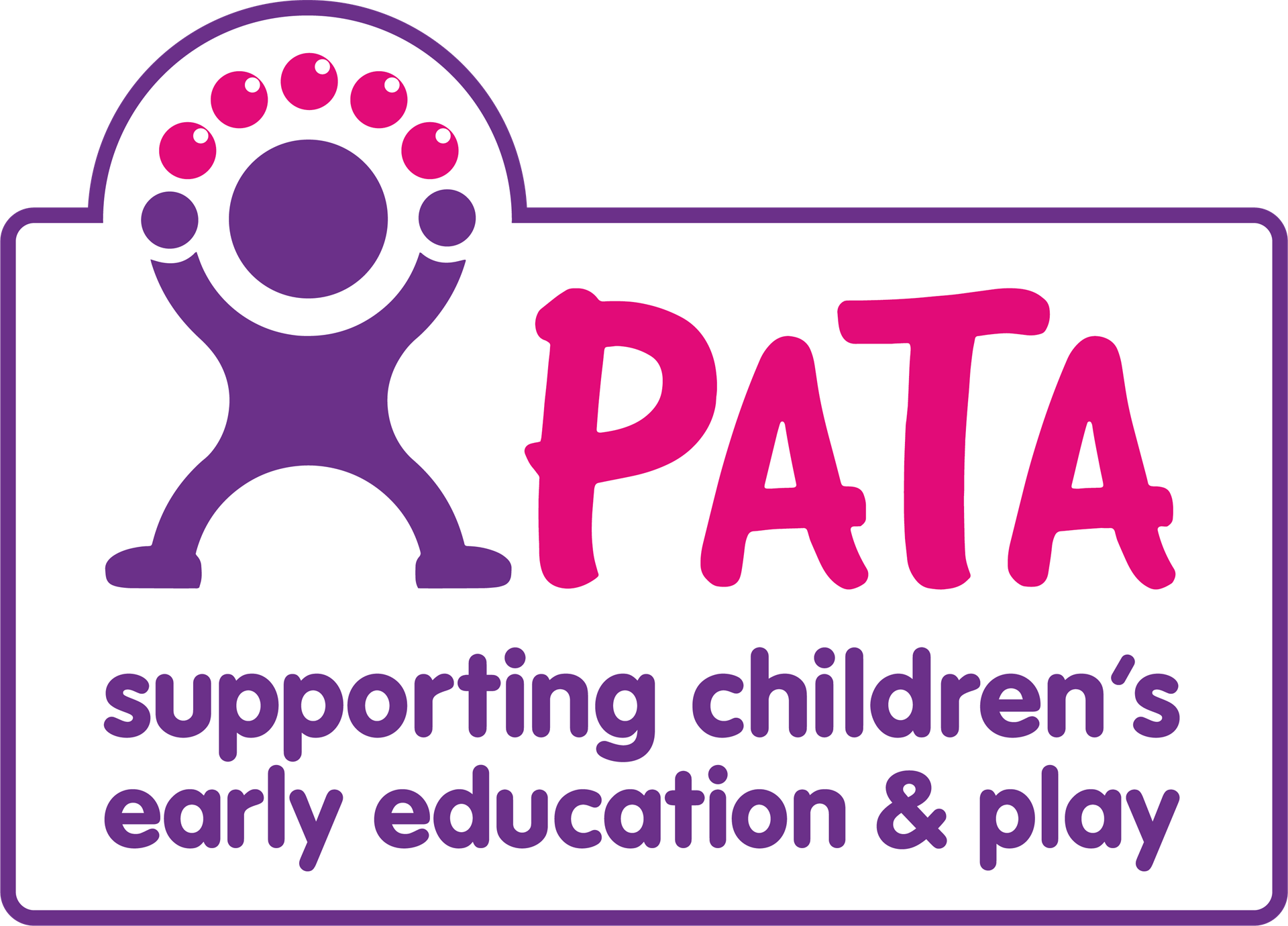We are all likely to be aware of the recent ‘raise the flag’ movement and the ongoing political debate around immigration and those seeking asylum. In the early years sector, we often shy away from engaging with political issues and some will claim that politics has no place in a setting. However, children do not exist in a vacuum and they will be hearing and seeing things in their homes and the wider world which they will bring into setting, and which you as educators will need to help them to process.
Some children in our settings are coming from homes where they are exposed to racist language (whether intentionally or unintentionally). Maybe your colleagues are too.
If we allow racism to permeate our settings we are failing our children.
In early years we have a duty to promote British Values which include democracy, individual liberty, the rule of law, mutual respect and tolerance of those of different faiths and beliefs.
With this in mind we need to consider whether our settings are an environment where these values can flourish, particularly at the moment.
With this in mind, here are some questions to ask yourself:
1. Are you/your staff confident to deal with racist language used by a child in your setting? Linked below is a very good article by Liz Pemberton who has been running training for us for a number of years on anti-racist practice. She explains the importance of labelling the language as racist, not the individual, but also not shying away from dealing with it directly:
“In my experience, many white early years educators are so uncomfortable with the word ‘racism’, that they bury their heads in the sand and when racist comments are made, they’re often dismissed as ‘not nice’ instead of being named as racist.
“This minimisation doesn’t protect any of the children, it reinforces harm. Silence as a response is equally as harmful because children can interpret this as permission.” Racism Is Happening Among Nursery Age Kids. We Cannot Ignore It | HuffPost Life
2. Does your setting promote ‘tolerance of those of different faiths and beliefs’? Do you have books, toys, and other resources which reflect a multicultural society? Are these integrated into your every day practice rather than being something brought out on special holidays? Even if you don’t have children from other cultures in your settings we live in a multicultural world and they need to see other ways of doing things as equally normal.
3. Do you actively welcome people from different cultures? Take the opportunity to view the approach to your setting, the front door and the environment within through the eyes of someone who isn’t from your predominant culture. Do they see anything which indicates to them that you are aware that they may be facing additional barriers to accessing your setting? If you have families from other cultures ask them – is there anything we can be doing/could have done to make you feel more welcome?
4. Are your staff familiar with the concept of being anti-racist? Some of you may have grown up or trained in a time when it was normal to say things like ‘I don’t see colour’. This is not the reality for most people from the global majority and it diminishes the difficulties which are faced in society by people whose skin colour is not white. If we don’t see colour we are less likely to acknowledge and celebrate diversity. It’s not enough to claim to be non-racist, in settings, we need to reposition ourselves as anti-racist in order to truly create a safe and welcoming environment.
If ‘anti-racist practice’ is new to you or you want to know a bit more about what it means we recommend this 3 minute video from Liz Pemberton, produced in conjunction with SEEN and Barnardos: https://www.theblacknurserymanager.com/
You can also read this newsletter/blog from Zelpher Ferguson which digs a bit deeper into anti-racist practice: https://www.aluna-abc.co.uk/newsletter-11
The Anna Freud Centre have produced a booklet which you can work through called ‘helping young children think about race in the early years: https://www.annafreud.org/resources/under-fives-wellbeing/helping-young-children-to-think-about-race-in-the-early-years/
